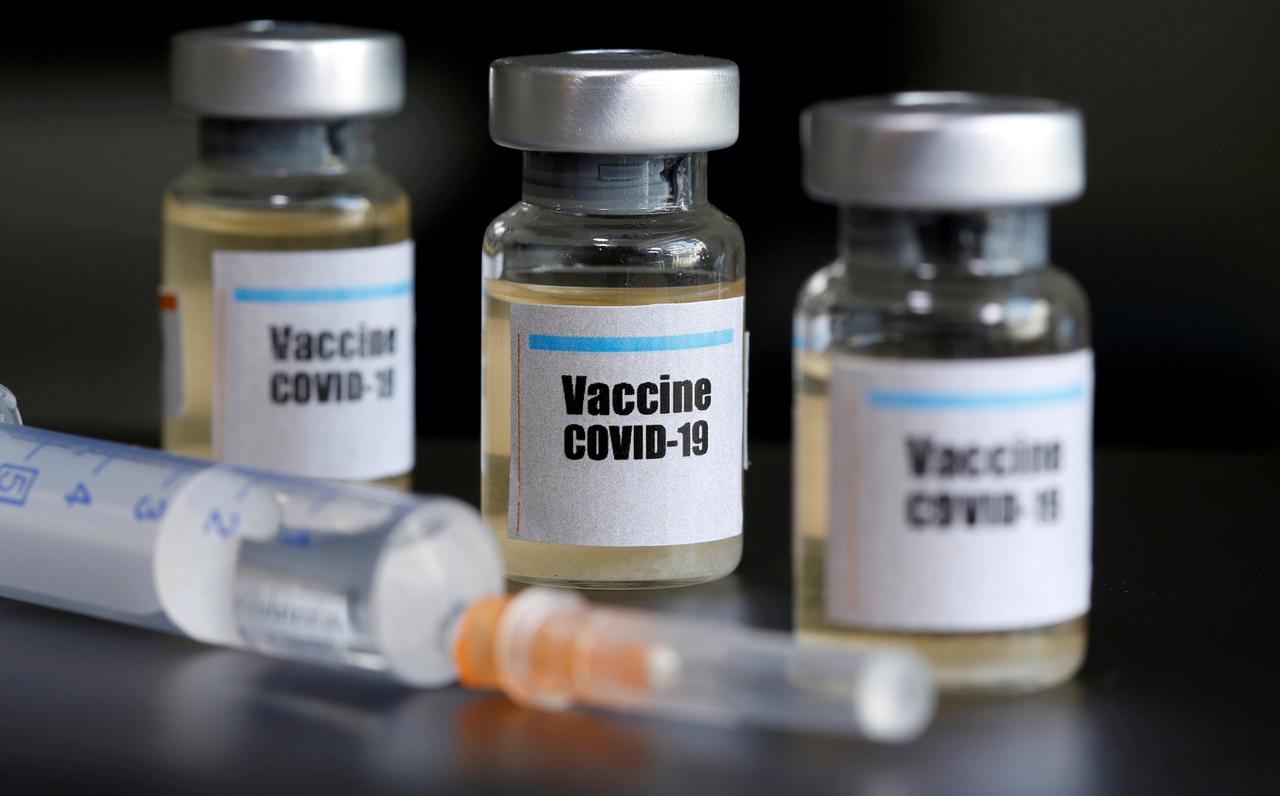American multinational Pfizer today said early results from a trial of its coronavirus vaccine, developed in collaboration with German biotech firm BioNTech, suggests the shots may be 90% effective in preventing COVID-19 after tests were carried out on trial volunteers who have not contacted the virus.
The breakthrough cements the giant drugmaker’s lead in the global race to develop a vaccine for the pandemic, which has infected more than 50 million people across the world and killed over 1.2 million. The study found that people who got a shot of the two-dose vaccine were less likely to develop the disease, the company said, describing the results in a press release.
The data released have not been published in a peer-reviewed medical journal and is not conclusive evidence that the drug is safe and effective, with Pfizer cautioning the initial protection rate might change by the time the study ends. But no serious safety concerns have been observed, the company said.
Trials are still ongoing as Pfizer needs to collect the recommended two months of safety data on the vaccine before it can apply for an emergency use authorization with United States regulators – primarily the Food and Drug Administration – after which it can distribute the vaccine more widely.
The company may not have the necessary information until later this month, it said, but the key conclusion from the interim analysis is that the vaccine works. “Today is a great day for science and humanity,” Pfizer chief executive Albert Bourla said. “The first set of results from our Phase 3 COVID-19 vaccine trial provides the initial evidence of our vaccine’s ability to prevent COVID-19.”
Also Read: Coronavirus Resurgence Poses Risk to Nigeria’s 2021 Nigerian Budget
Pfizer and BioNTech are the first to report positive results from clinical COVID-19 vaccine trials – up to 11 are in late-stage trials globally. Shares of both companies soared Monday morning, in reaction to the unprecedented feat of developing a working vaccine against a new virus in less than a year.
But independent scientists, though acknowledging the news as an encouraging development, have greeted it with cautious optimism as long-term safety and efficacy data is yet to be collected. Crucial questions – such as how long the immunity lasts and whether there are any side effects – are yet to be answered.
“It is a relief to see such positive results on this vaccine and bodes well for COVID-19 vaccines in general,” Peter Horby, a global health professor at the University of Oxford said. “Of course we need to see more detail and await the final results, and there is a long long way to go before vaccines will start to make a real difference.”
Also Read: Second Wave Coronavirus Lockdowns: Major Oil Producers Want Output Cuts Extended Into 2021
If the emergency use application from the FDA is successful later this month, Pfizer will have manufactured enough doses to immunize 15 to 20 million people by the end of the year, company executives said. That could lead to the vaccine being available for use by the end of the year but authorities have stressed that is unlikely.
Broadly, there are regulatory, logistical, and political challenges that would hinder the immediate availability of the vaccine. For instance, apart from regulators having to review the data and deciding whether to grant approval, supplies will most likely be extremely scarce for the first few months as production is increased.
More so, the vaccine will pose logistical challenges as it needs to be stored at -70 to -80 degrees centigrade while it is distributed both in the U.S. and across the world, notes Lawrence Young, a professor of molecular oncology at Warwick Medical School.























5 Responses